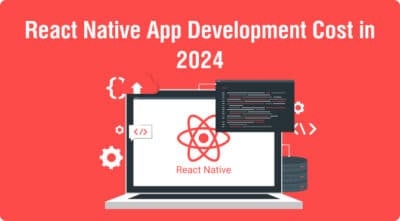A Non-Tech Founder Guide in Hiring Developers for a Startup


A startup is a company that is in its early stages of development, often founded by entrepreneurs looking to disrupt an existing industry or create a new one altogether. Startups are known for their rapid growth, disruptive innovation, and ability to adapt to changing market conditions. Starting a startup is not easy, and success requires a combination of factors, including a clear vision, a talented team od startup developers, and access to capital. Non-tech founders and CEOs play an essential role in shaping the technological world by bringing new ideas to the market and creating solutions that can change the world.
Non-tech founders and CEOs often lack technical expertise, but they can still make a significant impact on the technological world. Their vision and leadership skills can help to create a culture of innovation that encourages employees to push the boundaries of what’s possible.
Non-tech founders and CEOs can also play a vital role in creating partnerships and collaborations with tech companies, which can help to bring new products and services to market faster.
In this article, we’ll focus on the role of non-tech founders and CEOs in hiring developers for a startup. We’ll examine successful startups that were founded by non-tech individuals and analyze the strategies these founders used to overcome their lack of technical expertise. We’ll also discuss the importance of finding the right talent for a startup’s success and explore the steps involved in hiring developers for a startup. Finally, we’ll weigh the pros and cons of hiring in-house developers versus outsourcing development and provide a step-by-step guide on how to hire in-house developers.
Examples of Successful Non-Tech FoundersMany successful startups have been founded by non-tech individuals who were able to leverage their unique skills and expertise to create innovative solutions. Some examples include:

Airbnb
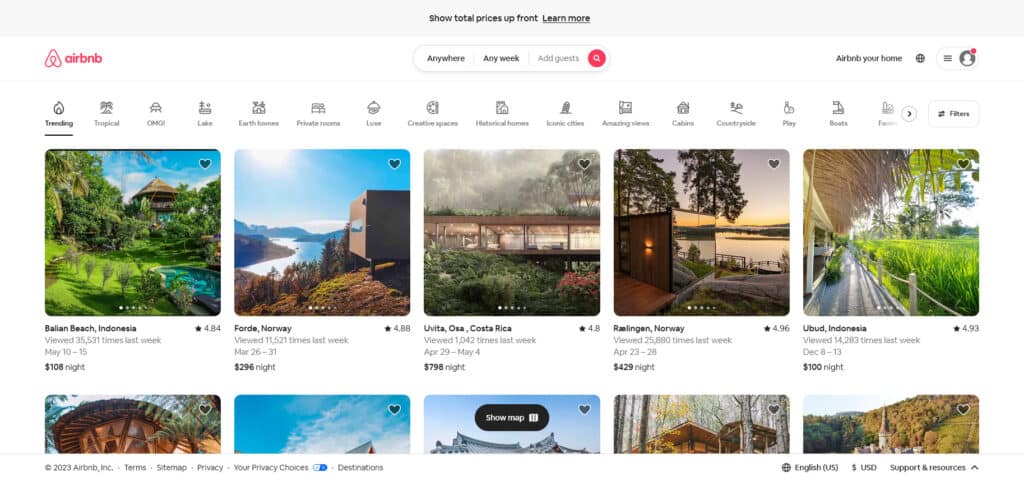
Co-founder and CEO Brian Chesky had a background in industrial design, not technology. However, he was able to use his design skills to create a user-friendly platform that revolutionized the travel industry.
Spanx

Founder Sara Blakely had no experience in fashion design or manufacturing. Instead, she leveraged her sales and marketing skills to create a successful women’s undergarment company.
Zara

Founder Amancio Ortega had no formal training in fashion design, but he was able to create a successful fashion company by leveraging his business acumen and unique supply chain strategies.
Non-tech founders can overcome their lack of technical expertise by leveraging their unique skills and expertise. They can also create partnerships with tech companies and hire the right talent to bring their vision to life.
For example, Brian Chesky leveraged his design skills to create a user-friendly platform for Airbnb. Sara Blakely used her sales and marketing skills to build a successful brand for Spanx. Amancio Ortega used his business acumen to create unique supply chain strategies that allowed Zara to bring new products to market faster than their competitors.
The success of these startups demonstrates that non-tech founders can succeed in the tech industry by leveraging their unique skills and expertise. They can also create partnerships with tech companies and hire the right startup developers to bring their vision to life. The lessons learned from these successes can help non-tech founders to overcome their lack of technical expertise and create successful startups.
The Importance of Finding the Right Talent
The right talent is critical to a startup’s success because they are the ones who will turn the founder’s vision into a reality. A talented startup developers can help a startup to develop and launch innovative products and services, create a strong brand, and scale the business. On the other hand, a team without the right skills and experience can hinder a startup’s growth and even lead to failure.
Challenges That Come With Finding the Right Talent
Finding the right talent can be a challenge for non-tech founders, especially those who lack technical expertise. The tech industry is highly competitive, and there is a shortage of qualified developers in many areas. Additionally, startups often have limited budgets, which can make it difficult to attract top talent.
How to Hire the Right Talent
To find the right talent, non-tech founders should look for individuals with a range of skills and experience, including technical expertise, problem-solving skills, and the ability to work well in a team. They should also look for candidates who are passionate about the startup’s vision and mission and are willing to work hard to make it a reality.
Hiring Developers For a StartupHiring developers for a startup involves several steps, including defining the role, writing a job description, sourcing candidates, interviewing, and making an offer. Non-tech founders should work with their team to define the role, including the skills and experience required. They should then write a job description that highlights the most important qualifications and responsibilities.
Finding the best developers for the job is crucial since they will be in charge of developing the technology that runs the firm. Non-technical entrepreneurs should seek out developers who have the necessary qualifications, experience, and passion for the startup’s goals. Additionally, they want to hunt for engineers who will fit in well with the team’s culture.
Outsourcing development can be a cost-effective way for startups to access a wider talent pool and get their products to market faster. Outsourcing also allows startups to scale up or down quickly, depending on their needs. However, outsourcing can also have its challenges, including communication and time zone differences, and the quality of work may not always meet expectations.
In-House vs. OutsourcingNon-tech founders must weigh the pros and cons of hiring in-house developers versus outsourcing development. In-house development can be more expensive, but it can also provide more control over the development process and ensure that developers are a good cultural fit. Outsourcing development can be cost-effective, but it can also lead to communication and quality issues.
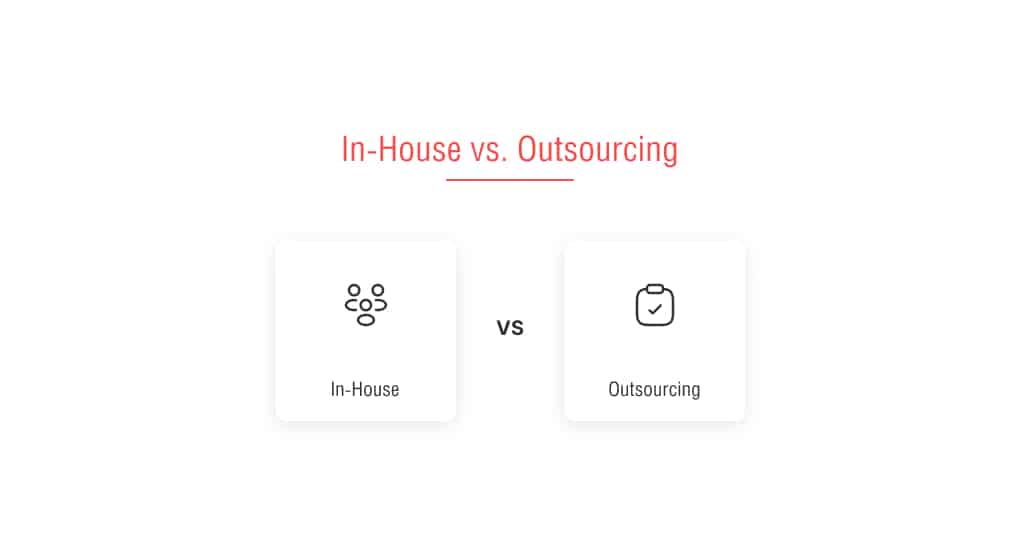
Hiring in-house developers can be expensive, and startups may not have the resources to attract top talent. Additionally, it can take time to find the right candidate, and the location can be a challenge if the startup is not located in a tech hub.
Outsourcing development can provide startups with access to a wider talent pool, including developers with specialized skills and experience. It can also be cost-effective, as startups only pay for the work they need. Outsourcing can also allow startups to focus on their core competencies while leaving development to the experts.
Ready to Build Your Startup App?
Contact UsNon-technical founders should define the role, create a job description, source candidates, conduct interviews, and onboard the new recruit before hiring in-house engineers. The founders should consult the team before defining the function to determine the qualifications. The duties and requirements for the position should be clearly stated in the job description. Posting job adverts on employment sites or social media, contacting personal networks, or attending tech events can all be used to find applicants.
When hiring in-house developers, it’s important to find someone with a well-rounded skill set. Technical expertise is crucial, but it’s also essential to find someone who is a good cultural fit and can work well with the rest of the team. Non-tech founders should look for developers who are passionate about the startup’s vision and mission and are willing to work hard to make it a reality.
Once a new developer has been hired, it’s important to onboard them properly and provide them with the support they need to be successful. Best practices for onboarding and managing in-house developers include setting clear expectations, providing feedback and guidance, and giving them the tools they need to succeed. Non-tech founders should also be open to learning from their developers and creating a culture of continuous learning and improvement.
Hiring a Development CompanyHiring a development company is another option for non-tech founders who are looking to build a development team. A development company typically consists of a team of developers, designers, and project managers who work together to build custom software solutions for clients. Hiring a development company can be a good option for startups that need to build a complex product or those that need ongoing development support.
Benefits of Hiring a Development Company
One of the main benefits of hiring a development company is the breadth of expertise that a team can offer. A development company can provide a wide range of skills and expertise, including project management, software development, design, and quality assurance. This can be particularly beneficial for startups that need to build complex software solutions or those that have unique technical requirements.
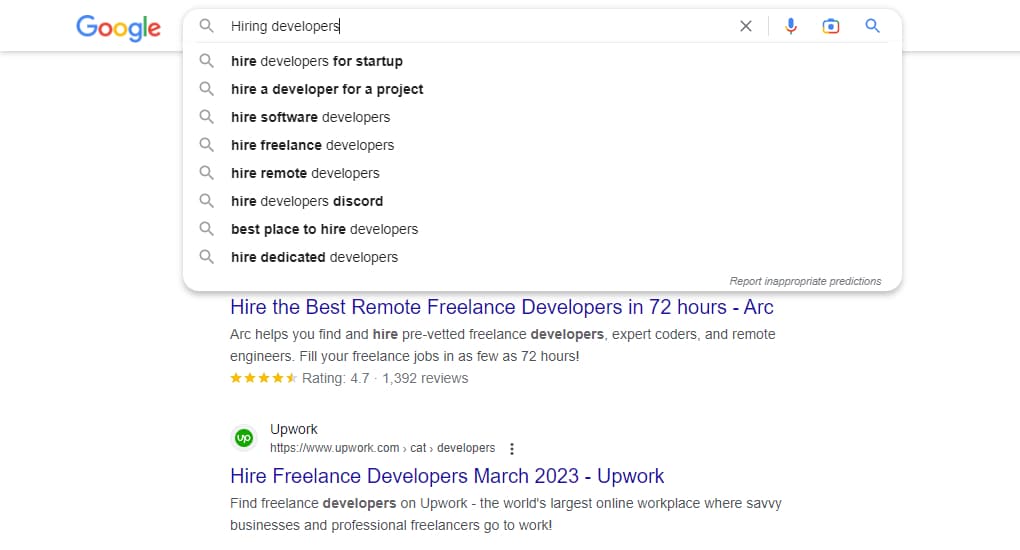
Another benefit of hiring a development company is the level of support that they can provide. A development company typically has established processes and procedures in place for managing projects, communicating with clients, and resolving issues. This can help to ensure that the project runs smoothly and that deadlines are met.
When hiring a development company, it’s important to thoroughly vet potential partners and to evaluate their portfolio of work. Non-tech founders should look for a development company with experience in similar projects or industries and should ask for references from previous clients.
It’s also important to establish clear expectations and to communicate regularly with the development company. This can include setting clear deadlines and milestones, establishing communication channels, and providing feedback throughout the development process.
One of the potential drawbacks of hiring a development company is cost. Development companies can be more expensive than hiring individual developers, particularly for startups that are on a tight budget. However, the level of expertise and support provided by a development company can often make the investment worth it.
Hiring a development company can provide many benefits for non-tech founders looking to build a development team. By carefully evaluating potential partners, establishing clear expectations, and communicating regularly, non-tech founders can successfully build their startup with the support of a development company.
Working with Remote Startup DevelopersWorking with remote developers has become increasingly popular as the world becomes more globalized and connected. Hiring remote developers can provide access to a wider talent pool and can often be more cost-effective than hiring in-house developers. However, working with remote developers also comes with its own unique set of challenges that non-tech founders should be aware of.
Communication is one of the most difficult aspects of working with distant developers. Missed deadlines, misunderstandings, and dissatisfaction for both the non-tech entrepreneur and the development team can result from communication breakdowns. Establishing clear communication channels and expectations from the start of the project is crucial to preventing communication problems. Setting deadlines and milestones, using collaboration platforms like Slack or Trello, and doing regular check-ins are some examples of how to do this.
Another challenge of working with remote developers is time zone differences. Depending on where the remote developers are located, they may be working during different hours than the non-tech founder. This can make it difficult to coordinate meetings or resolve urgent issues in a timely manner. To address this, it’s important to establish a clear schedule and workflow that takes into account the time differences.
How to Find Remote Startup Developers
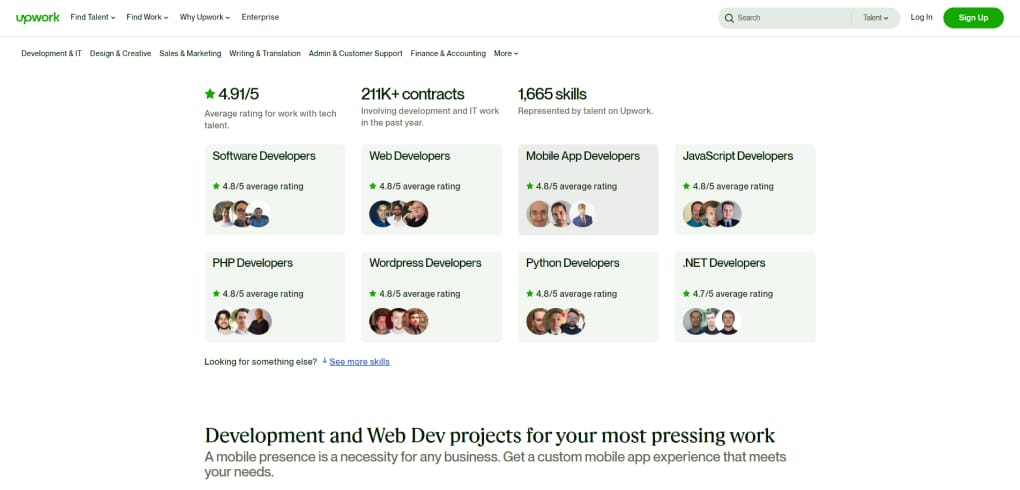
To find remote developers, non-tech founders can use job boards, freelancing platforms, or personal networks. When hiring remote developers, it’s important to evaluate their skills, experience, and communication skills carefully. Look for developers who have experience working remotely, as they will be more familiar with the unique challenges that come with remote work.
Once you have hired remote developers, it’s important to establish a strong working relationship. This can include regular check-ins, providing clear and concise feedback, and creating a positive work environment. Non-tech founders can also use collaboration tools like GitHub or Bitbucket to manage code and provide a space for remote developers to communicate and collaborate.
Working with remote developers can provide many benefits, but it also comes with unique challenges. By establishing clear communication channels, taking time zone differences into account, carefully evaluating remote developers, and creating a positive work environment, non-tech founders can successfully work with remote developers to build their startup.
ConclusionIn summary, non-tech founders play a crucial role in the success of startups, and finding the right talent is essential. Hiring developers for a startup involves several steps, including defining the role, writing a job description, sourcing candidates, interviewing, and making an offer. Non-tech founders must weigh the pros and cons of hiring in-house developers versus outsourcing development and find someone with a well-rounded skill set, including technical expertise and cultural fit.
The right talent can help startups to develop and launch innovative products and services, create a strong brand, and scale the business. Non-tech founders should be open to learning and adapting to new technologies and industry trends to ensure the success of their startups.
Finally, non-tech founders should recognize that the tech industry is constantly evolving, and startups must be willing to learn and adapt to new technologies and trends. Continuous learning and adaptation are crucial for startup success, and non-tech founders should be open to feedback and new ideas to create a culture of innovation and growth.

- 7 Easy Steps To Build Your Startup
- 7 Practical Tips to Build an MVP for a SaaS Startup
- 9 Tips for Selecting Remote Offshore Web Development Company
- Are you looking for the best way to launch your start-up idea in 2024? Start with an MVP!
- How to Build an MVP for a SaaS Startup
- How to Choose a Payment Provider For Your Startup
- Why Laravel is the Best PHP Framework for Startups?
- Why you Should Outsource
- Proof of Concept vs. Prototype – Which one do you need?


